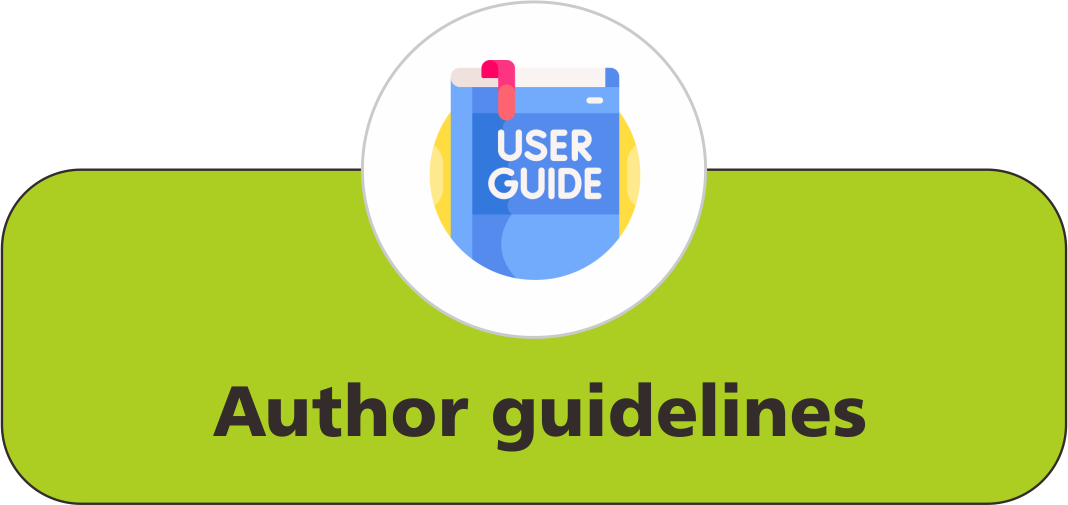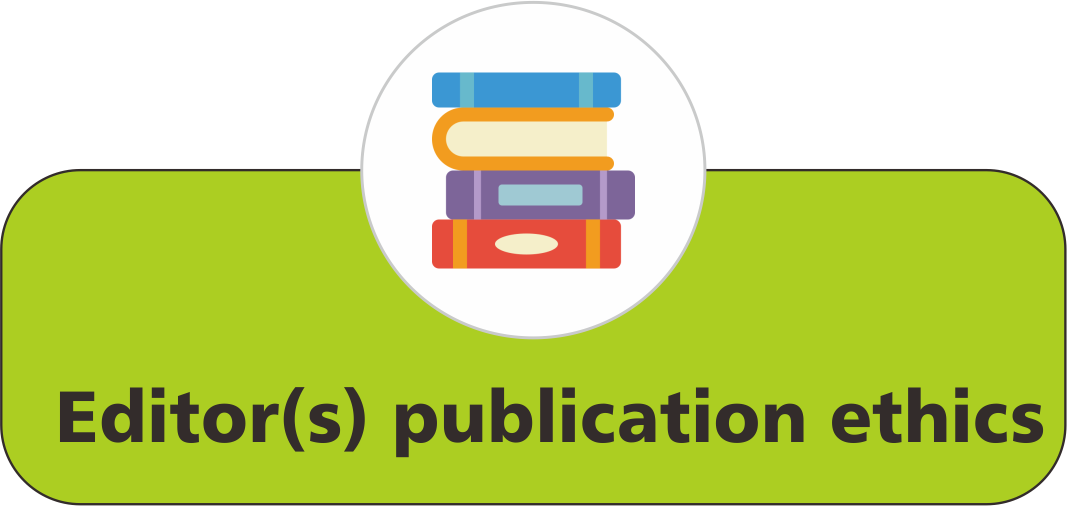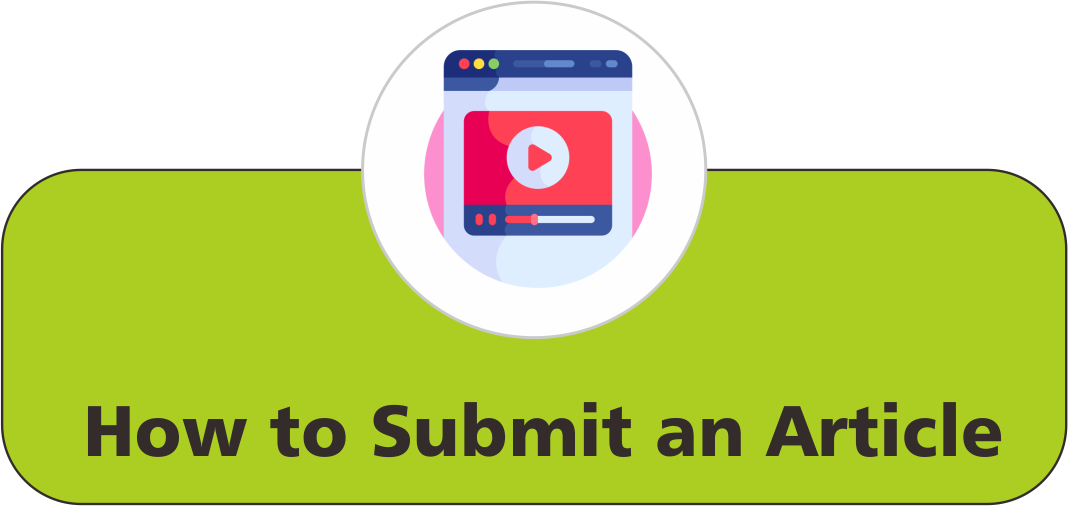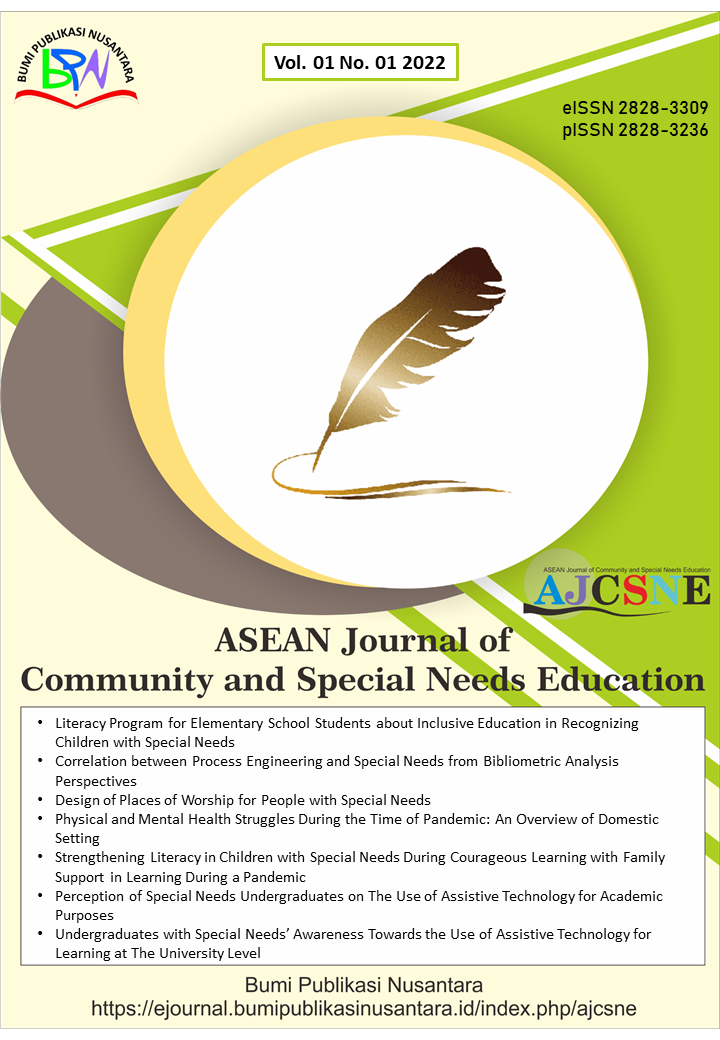Organizing Subject-Practical Activities to Support the Development of Hearing-Impaired Children with Intellectual Disabilities
 ), Nuriddinova Asila Ruslanovna(2),
), Nuriddinova Asila Ruslanovna(2),
(1) Chirchik State Pedagogical University
(2) Chirchik State Pedagogical University
 Corresponding Author
Corresponding Author
Abstract
Keywords
References
Al Shaban Radi, H.M., and Hanafi, Z. (2024). Managing visually impaired students: Factors that support and inhibit inclusive programs in elementary. Indonesian Journal of Community and Special Needs Education, 4(1), 19-28.
Azizah, N., Prasetyo, A.C., Dini, N., Wulandari, V., and Kruesa, M. (2022). Social inclusive education project (SIEP) as a community for handling children with special needs in rural areas. Indonesian Journal of Community and Special Needs Education, 2(2), 89-98.
Egbedeyi, T.F., and Babalola, A.E. (2023). Availability and challenges of inclusive lower primary education schools. Indonesian Journal of Community and Special Needs Education, 3(2), 93-102.
Faddillah, R.N., Nandiyanto, A.B.D., and Bilad, M.R. (2022) Literacy program for elementary school students about inclusive education in recognizing children with special needs. ASEAN Journal of Community and Special Needs Education, 1(1), 1-8.
Glushchenko, V.V., and Trubacheyev, E.V. (2025). Managing the social development of students with disabilities in inclusive universities: A conceptual approach. Indonesian Journal of Community and Special Needs Education, 5(1), 1-6.
Kurniawati, K. (2022). Efforts to improve the vocabulary of Indonesian language for 1st-grade elementary students with hearing impairment for through the application of mnemonic. ASEAN Journal of Community and Special Needs Education, 1(2), 81-88.
Maknun, J., Barliana, M.S., and Cahyani, D. (2019). A design model of special vocational high school for children with visual impairment. Indonesian Journal of Science and Technology, 4(2), 158-170.
Mirzabek, R. (2023). The science education and history of ulugh beg: Astronomer and mathematician from Samarkand, Uzbekistan. ASEAN Journal of Science and Engineering Education, 3(1), 59-64.
Muhabbat, H., Jakhongir, S., Farxod, T., and Khulkar, K. (2023). Modernization of management system of higher education institutions: An empirical perspective from Uzbekistan. Indonesian Journal of Multidiciplinary Research, 3(2), 297-306.
Musayaroh, S., Asmiati, N., Utami, Y.T., Mulia, D., Sidik, S.A., Abadi, R.F., Pratama, T.Y., Maslahah, S., and Pramudyo, A.S. (2023). A digital accessibility and inclusive design-based e-module in higher education: Does it work in a classroom with a deaf student?. ASEAN Journal of Community and Special Needs Education, 2(1), 55-60.
Rahmat, A. (2022). Creating good environment and building for people with special needs: From definition to application of guiding and warning blocks. Indonesian Journal of Community and Special Needs Education, 2(1), 39-44.
Rizqita, A.J., Sunardi, S., and Bela, M.R.W.A.T. (2024). Development of traluli program of family-resourced early intervention for multiple disability and visual impairment (MDVI) children with fine motor impairment in inclusive school. Indonesian Journal of Community and Special Needs Education, 4(1), 65-74.
Rusyani, E., Awaliah, F.A., Maryanti, R., Al Husaeni, D.F., Ragadhita, R., and Susetyo, B. (2022a). The application of speaking development on the establishment of object vocabulary in student with hearing impairment. Indonesian Journal of Educational Research and Technology, 2(1), 45-56.
Rusyani, E., Permana, S., and Ragadhita, R. (2022b). Attitudes of high special school students with hearing impairment to online adaptive physical education learning. Indonesian Journal of Teaching in Science, 2(1), 29-38.
Article Metrics
Abstract View : 415 times
: 415 times Download : 183 times
Download : 183 times
Refbacks
- There are currently no refbacks.
Copyright (c) 2025 Bumi Publikasi Nusantara

This work is licensed under a Creative Commons Attribution-ShareAlike 4.0 International License.







